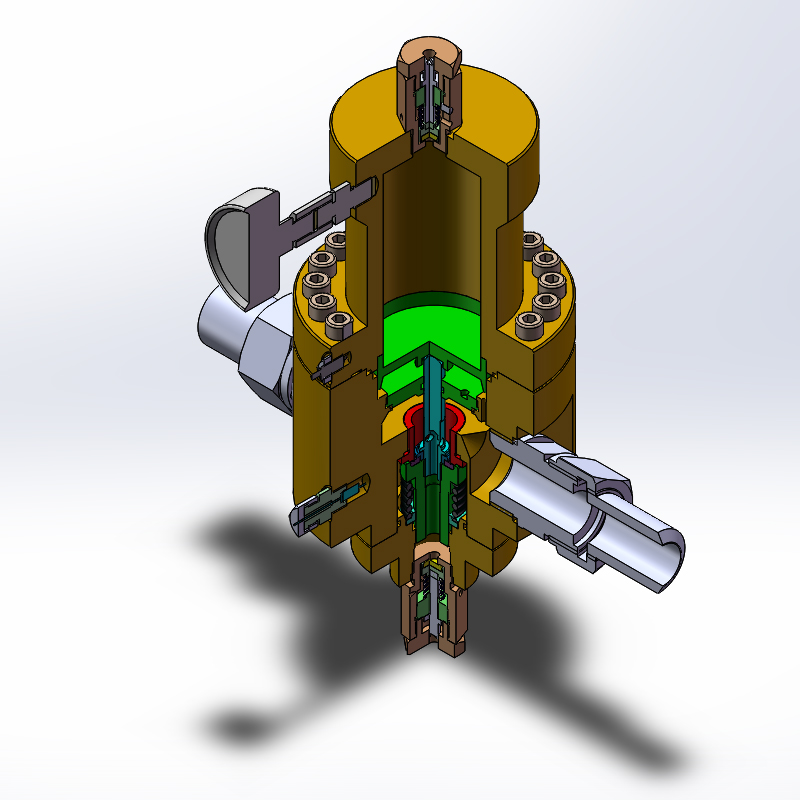
Dec . 04, 2024 16:43
Back to list
high-efficiency voltage regulator for precise power management in modern electronic devices
Precision Voltage Regulators Ensuring Reliable Power Supply
In today's highly advanced electronic devices, precision voltage regulators play a crucial role in obtaining reliable and stable power supply. These components are essential in various applications, ranging from consumer electronics to telecommunications and industrial machinery. With the increasing demand for efficiency and accuracy in electronic devices, the significance of precision voltage regulators cannot be overstated.
What is a Precision Voltage Regulator?
A precision voltage regulator is an electronic device that maintains a constant output voltage regardless of variations in input voltage or load conditions. Unlike standard voltage regulators, which may provide a tolerable range of output voltage, precision regulators are designed to offer a much tighter output voltage tolerance. This capability enables them to deliver consistent performance even in demanding environments where other regulators might fail.
Precision voltage regulators utilize feedback mechanisms and high-quality components to achieve their stringent performance specifications. They are designed to minimize output voltage drift over temperature and time, ensuring that sensitive electronic circuits receive a stable power supply. This is particularly critical in applications that require accuracy, such as analog circuits, data acquisition systems, and precision measurement tools.
Key Features of Precision Voltage Regulators
1. Tight Output Voltage Regulation Precision voltage regulators typically maintain output voltages with a variation of only a few millivolts. This is vital for applications where small changes in voltage can lead to significant errors, such as in operational amplifiers or reference voltage sources.
2. Low Output Voltage Drift Temperature variations can affect the output voltage of regulators. Precision voltage regulators are designed to have minimal temperature coefficient, ensuring that their output voltage remains stable even with fluctuations in ambient temperature.
3. High Power Supply Rejection Ratio (PSRR) A high PSRR indicates that the regulator can effectively filter out noise and variations from the input power supply, providing a clean output voltage that is essential for high-performance circuits.
4. Low Noise Operation Noise can adversely affect sensitive circuits. Precision voltage regulators are often designed to operate with low output noise, making them suitable for audio applications, RF circuits, and sensitive measurement equipment.
precision voltage regulator

5. Small Form Factor With advancements in technology, modern precision voltage regulators come in compact packages, making them ideal for applications where space is at a premium.
Applications of Precision Voltage Regulators
Precision voltage regulators find their applications in various fields
- Consumer Electronics Devices like smartphones and tablets require stable power for their sensitive components. A precision voltage regulator ensures that voltage fluctuations do not affect performance, allowing for reliable operation.
- Medical Devices In medical equipment where precision is non-negotiable, these regulators ensure that powered devices function accurately and safely, minimizing the risk of malfunctions that could endanger patients.
- Telecommunications Reliable performance in data communication equipment is essential. Precision voltage regulators help maintain the integrity of signals by providing stable voltages for transmission equipment.
- Industrial Equipment Many industrial applications require robust power supplies. Precision voltage regulators ensure that control systems operate within specified voltage levels, improving operational reliability and equipment lifespan.
Conclusion
Precision voltage regulators are an indispensable component in the design of modern electronic systems. Their ability to provide consistent and accurate output voltage under varying conditions makes them essential in critical applications. As the demand for more reliable and efficient electronic devices continues to grow, the importance of precision voltage regulation will only increase. Engineers and designers must leverage the advancements in this technology to ensure that their systems meet the highest standards of performance and reliability, ultimately leading to greater innovation in various industries. With their myriad benefits, precision voltage regulators are indeed the unsung heroes behind our increasingly complex and demanding electronic world.
Latest news
-
Safety Valve Spring-Loaded Design Overpressure ProtectionNewsJul.25,2025
-
Precision Voltage Regulator AC5 Accuracy Grade PerformanceNewsJul.25,2025
-
Natural Gas Pressure Regulating Skid Industrial Pipeline ApplicationsNewsJul.25,2025
-
Natural Gas Filter Stainless Steel Mesh Element DesignNewsJul.25,2025
-
Gas Pressure Regulator Valve Direct-Acting Spring-Loaded DesignNewsJul.25,2025
-
Decompression Equipment Multi-Stage Heat Exchange System DesignNewsJul.25,2025

